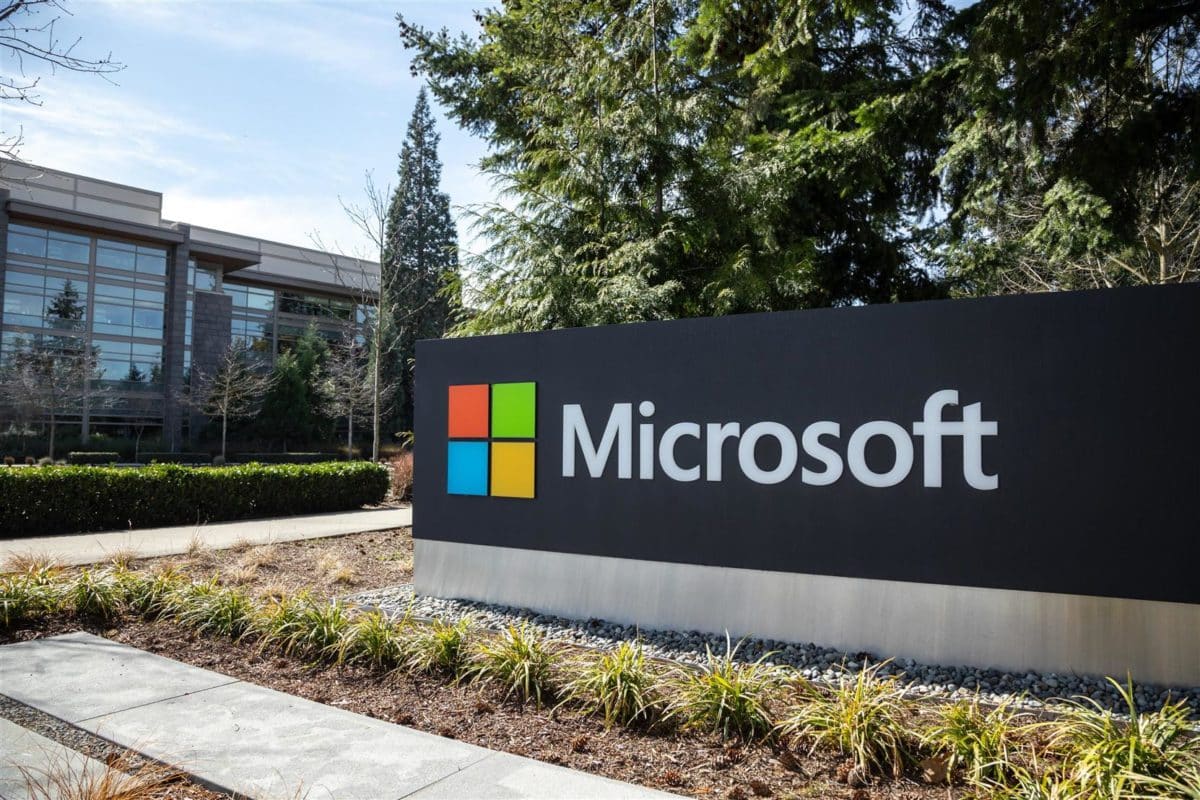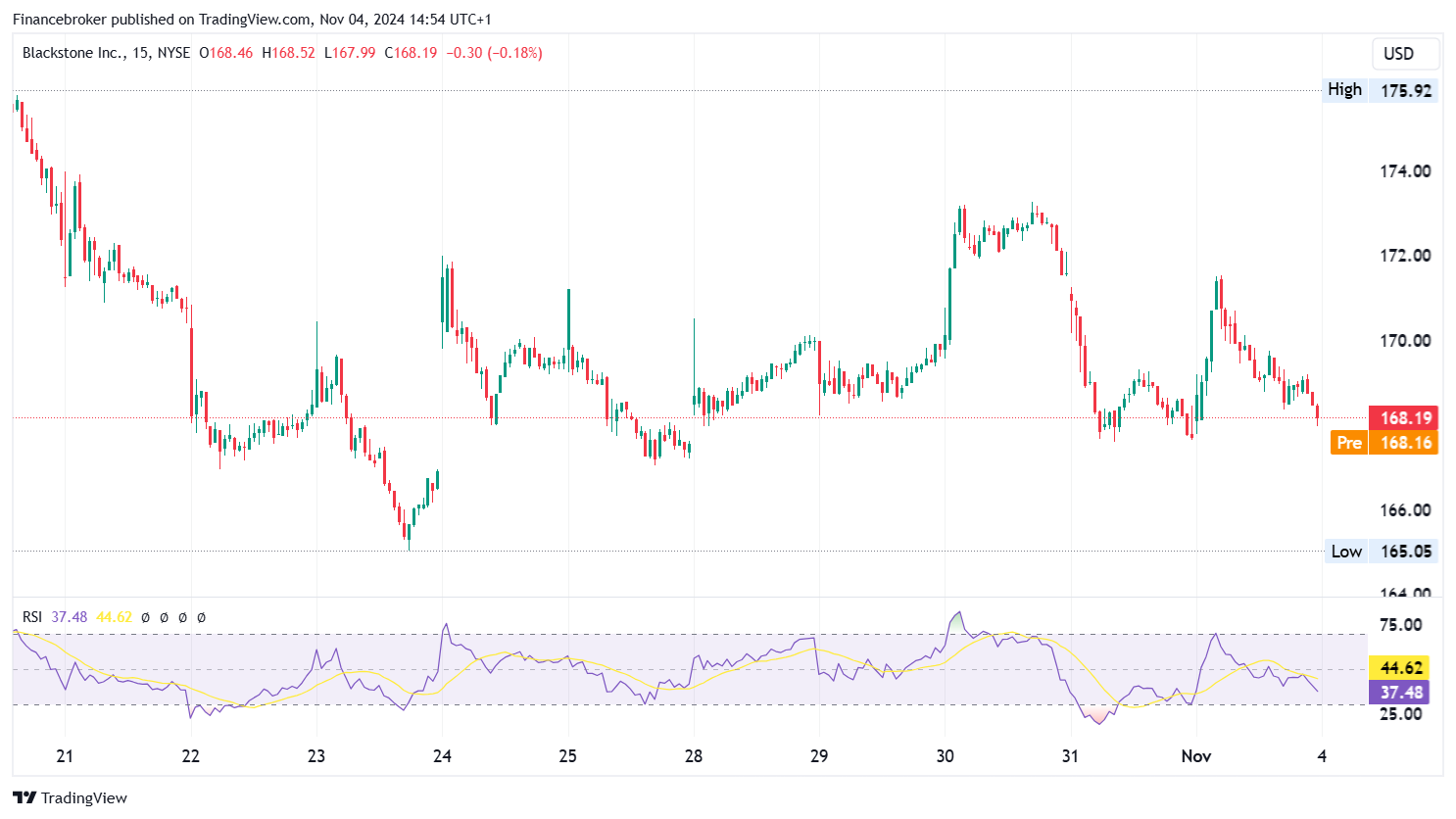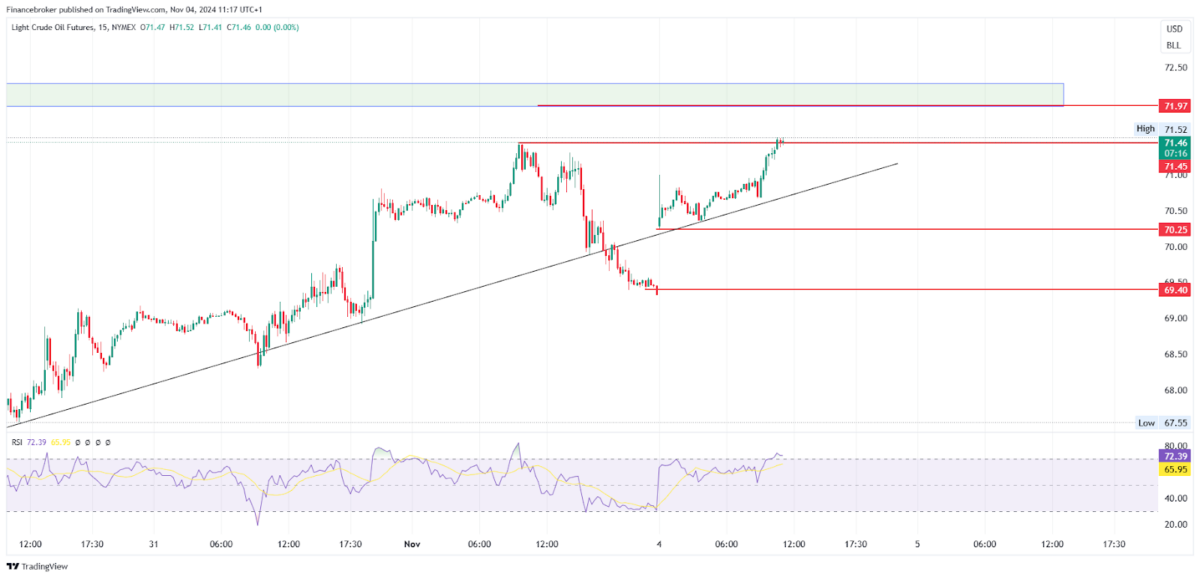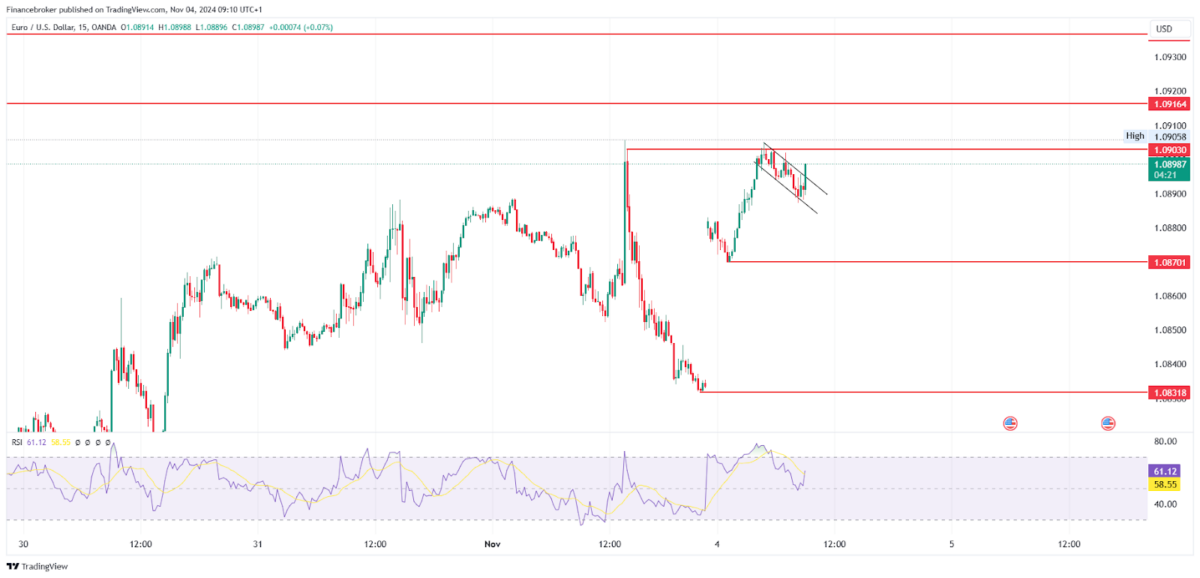
Microsoft Tackles Security Challenges with Latest Update
Microsoft Tackles Security Challenges with Latest Update
Quick Look
Microsoft addresses 61 security vulnerabilities in its latest update. Two critical issues in Windows Hyper-V were spotlighted for potential remote code execution and DoS attacks. Additional patches for 17 security flaws in the Chromium-based Edge browser since February 2024.In its most recent monthly security dispatch, Microsoft has rolled out fixes for 61 security flaws across its suite of software products. Among these, two critical vulnerabilities stand out. They pose a significant risk of denial-of-service (DoS) and remote code execution within Windows Hyper-V. Furthermore, the spectrum of vulnerabilities addressed in this update showcases Microsoft’s ongoing commitment to cybersecurity. The company aims to prevent potential attacks before they occur. Notably, the security flaws span various severity levels. Specifically, two were rated as Critical, 58 were classified as Important, and one was deemed Low in severity. Moreover, at the time of the release, none of the vulnerabilities were known to be publicly disclosed or actively exploited. This fact offers some relief to users and system administrators.
Highlighting Critical Vulnerabilities
The spotlight of this update shines on CVE-2024-21407 and CVE-2024-21408, the two critical vulnerabilities affecting Hyper-V, Microsoft’s virtualisation platform. These flaws, if exploited, could lead to remote code execution and a denial-of-service condition, respectively. Such vulnerabilities underscore the potential risks inherent in virtualisation platforms, which are critical components of modern IT infrastructures. Microsoft’s proactive identification and resolution of these issues reflect the company’s diligence in safeguarding users from sophisticated cyber threats that could compromise system integrity and data security.
Beyond the Patch: The Importance of Vigilance
Beyond the patches themselves, the update serves as a reminder of the sophisticated landscape of cybersecurity threats. For instance, CVE-2024-21390, though not tagged as Critical, highlights the creative avenues attackers pursue to breach security measures, in this case, targeting the Authenticator app to gain access to multi-factor authentication codes. This scenario illustrates the evolving tactics of cybercriminals aiming to circumvent multi-layered security defences. Security experts stress the importance of vigilance and proactive measures in response to these threats. The ability of attackers to exploit vulnerabilities to hijack accounts or steal sensitive data underscores the need for users and administrators to stay informed and apply security updates promptly.
Microsoft’s latest security update serves as a crucial defensive measure against a broad spectrum of cyber threats. By addressing vulnerabilities before active exploitation, Microsoft strengthens its software ecosystem’s security posture. Microsoft encourages users and system administrators to apply these updates promptly to protect against potential exploits.
The post Microsoft Tackles Security Challenges with Latest Update appeared first on FinanceBrokerage.



